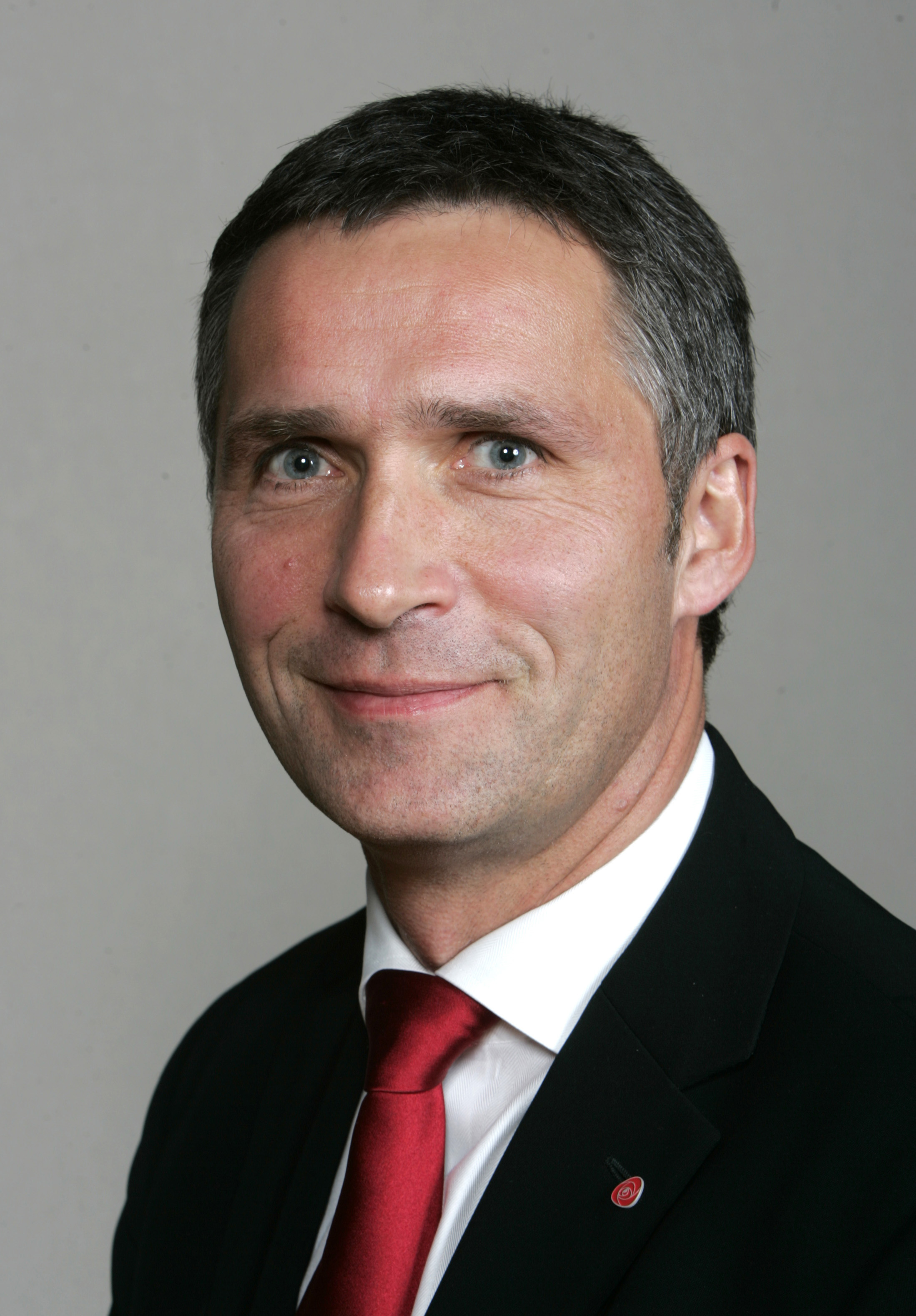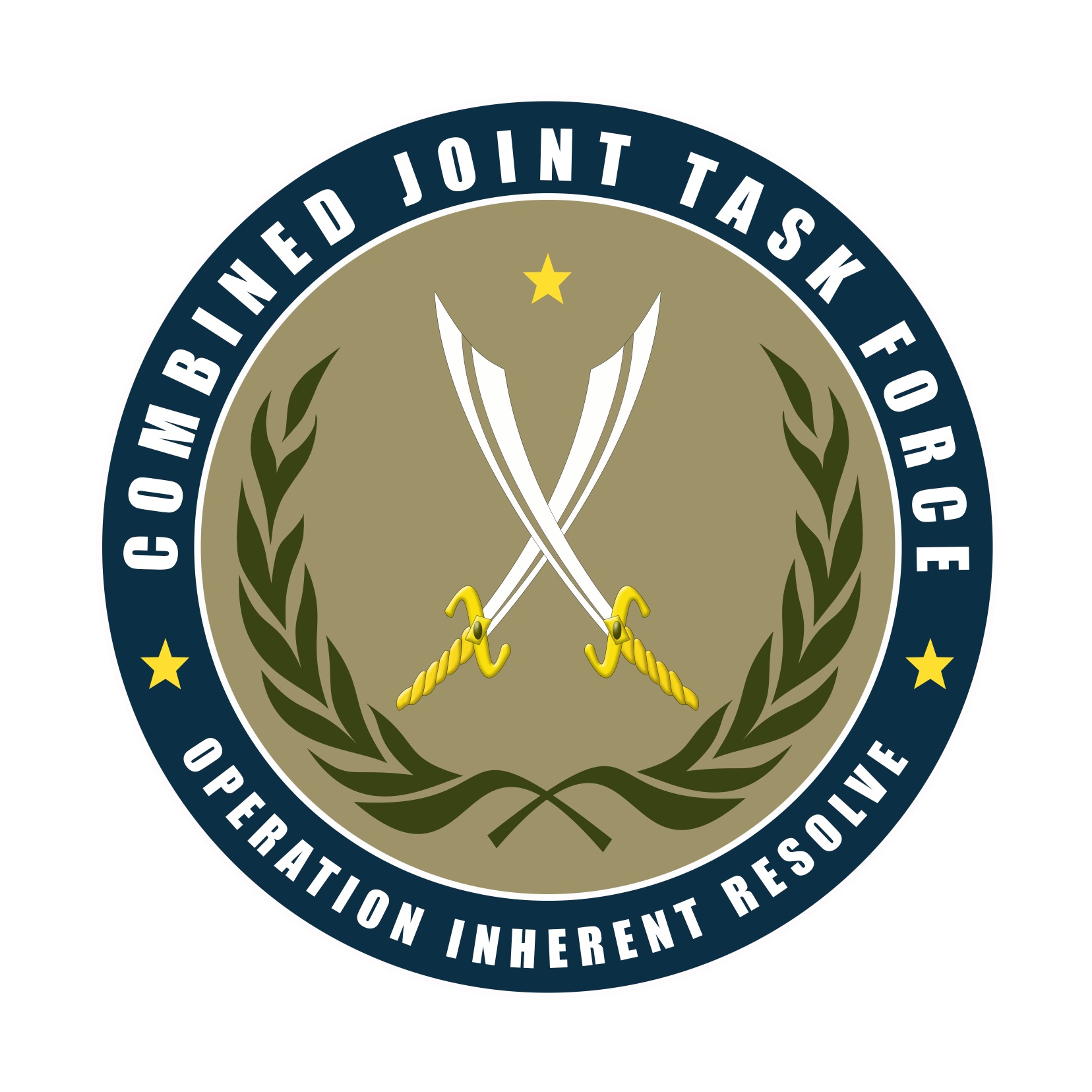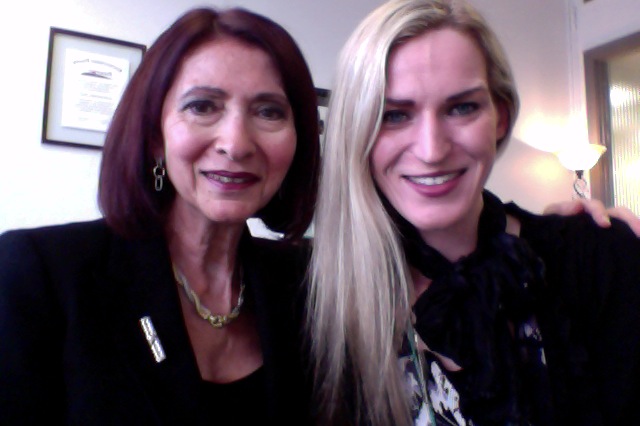Jens Stoltenberg, the Secretary-General of NATO, is the kind of man who meets heads of state regularly to discuss issues of global importance.
If that was insufficient, he served for a record eight consecutive years as Prime Minister of Norway between 2005 and 2013. He may not have a biography yet, but with a career like his it’s only a matter of time.
He’s also an avid cross-country skier, a father of two, and believe it or not, a gamer. He is a human being with interests and hobbies as much as anyone else.
Then again, seeing that he prefers strategy games like “Age of Empires” and “Medieval: Total War,” maybe we should be a little bit concerned.
In all seriousness, Stoltenberg seems to occupy a space far above ordinary Canadians. For ambitious youth seeking a future in the field of foreign policy, even starting down that path seems intimidating, if not impossible. Look closer at both his character and career, and you will find this is false.
Stoltenberg comes from a political family, attended some of the most prestigious schools in Norway, and holds the equivalent of a Master’s degree in economics. With such credentials as these, he would seem to be the personification of privilege.
However, he also had a brush with the police during protests against the Vietnam War, completed his nineteen months of military service like every other Norwegian male, and publicly admits a lack of religious belief – a safe bet in secular Norway, but uncommon among world leaders.
He spoke openly of his grief and tears following the mass shooting at Utøya in July 2011. In a country small enough that nearly everyone knew somebody who was affected, the Prime Minister was no exception. His speech at the Oslo Cathedral two days later is one of the most heartfelt from any world leader, and Stoltenberg’s raw emotion is written plainly on his face.
In a rare occurrence for democratic leaders, he even spent an afternoon posing as a taxi driver to connect with voters directly. His disguise fell apart in seconds, but he remained genuine and unscripted, telling passengers outright when he disagreed with them.
It’s clear, then, that Stoltenberg’s emotions and personality are not suppressed by his official duties. Precisely the opposite is true; it is his deeply personal experiences that give him a better grasp of the issues at hand.
The question remains: How did he get there?

Commander Chris Hadfield, a name more familiar to Canadians, said it best: To get anywhere, clearly identify your goal, determine the necessary steps, and then do them. In his case, that meant joining the air force, then becoming a test pilot, and only then becoming an astronaut. At each step, he knew that he would have no regrets, even if it were his last. This took persistent and dedicated effort, but it paid off immensely for both his personal accomplishments and his service to Canada.
Stoltenberg’s path needed just as much persistence and dedication. He worked various part-time jobs as a journalist, a statistician, and a university lecturer before he found his passion He joined the youth wing of the Norwegian Labour Party in 1985, subsequently took charge of the Labour Party’s Oslo chapter, and then won office in the 1993 election. From there, he worked his way up the ranks: Minister of Industry, Minister of Finance, Leader of the Labour Party, and finally Prime Minister.
Naturally, being Prime Minister allows for some very influential connections; German Chancellor Angela Merkel nominated Stoltenberg for Secretary-General of NATO following his resignation as Prime Minister in 2013. That’s why an economist and social democrat politician is the face of a defensive military alliance. You or I might not be so lucky in networking.
Does this mean that there on hard limits on future possibilities? Hardly. Consider another anecdote from Commander Hadfield. He learned the Elton John song “Rocket Man” in anticipation of a concert at an air show, on the remote chance that he might be called up with the musician. It didn’t happen, but Hadfield still considered himself better off for having learned the song.
Stoltenberg probably did not anticipate becoming Prime Minister when he first joined the Labour Party as a teenager, but it was a step in the right direction. In the meantime, he enjoyed what he was doing and learned from it constantly.
How could you do the same?
A balanced information diet is a crucial first step to learning anything in foreign policy. Here is a good place to start for English-language sources. Another excellent collection here offers a more in-depth summary of international sources, many of which are in their respective languages. Staying current with world affairs requires constant attention, but the opportunity to learn is equally constant.
The next step can vary greatly. Depending on your own skills and experience, it might include university choices, second language acquisition, work experience, all of the above, or other options besides. Stoltenberg himself did not know the end goal, but he continuously moved in the right direction.
In the meantime, and in the belated spirit of May Fourth, heed the wise words of Master Yoda.
“Do. Or do not. There is no try.”




